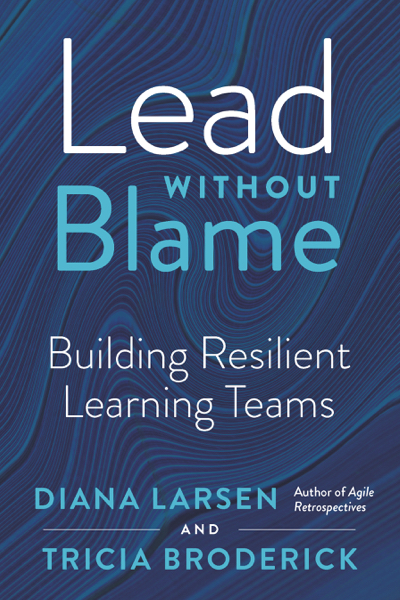“Good Listener”
Who hasn’t put this on their resume or referenced this as a skill they have?! Now I’m slightly unique in that I own my accidental interrupting bad habits. However, bad habits is not unique to me alone. When it comes to listening, our brains/bodies have a wonderful variety of ways to cause poor listening. Let’s explore a few common ones:
-
- Nodding – Without really thinking too hard, some possible meanings behind a leader nodding their head while listening: please continue, I agree, yeah/yeah I’m listening kind of, I’m listening… Just because you mean one thing, doesn’t mean that is how they will interpret your nod. And is the nod really adding any value even if they are received in alignment. Do I really need you to tell me to continue for me to continue?
- Listening Blocks – From the book Messages, multiple listening blocks are highlighted. I’m going to share just a few that show how easily and often we can go into our own heads vs purely listening.
-
- Identifying: Referring back to your own experiences. For example, as someone is sharing a complicated conflict, you identify a similar complicated conflict in your past. Now you could argue, that this will help you help the person by being able to share this story. Maybe, maybe not. For starters, while you were thinking about your story, you missed a key detail that made it very different. Or maybe, they don’t want you to help them – they just want you to listen!
- Derailing: You change the subject. I know that the customer issue is super important. I know you don’t have time for a long story right now. Or I know the this other thing is really weighing on you and you just want to confirm it is all good. The problem, you are not listening. Maybe it’s the right change of topic, maybe it’s not. As a leader, you get to judge the urgency to focus on the other topic but understand…you didn’t listen. If that’s ok, accept and own that. Otherwise, people will stop chatting with you as your focus is only on what you want to focus on.
- Rehearsing: Practicing what you are going to say. I do this one all the time!!!! It might be one of my top listening blocks. I start thinking about what I want to say, how I’m going to say it and keep practicing until my turn to speak. I barely heard a word that was said during this time. Granted this happens most when I have to speak in front of a large group or at the start of a potentially heated discussion but still I’m not listening. I might miss key details, miss my moment to go, etc.
-
I highly encourage you to take a challenge of noticing every time you find yourself engaging one of these listening blocks (there are 12 total). They will happen but how often and how quickly can you be aware – let it go – and get back to being curious and present as a listener. You can’t change bad habits until you first recognize them.
What’s your go-to Listening Block?




